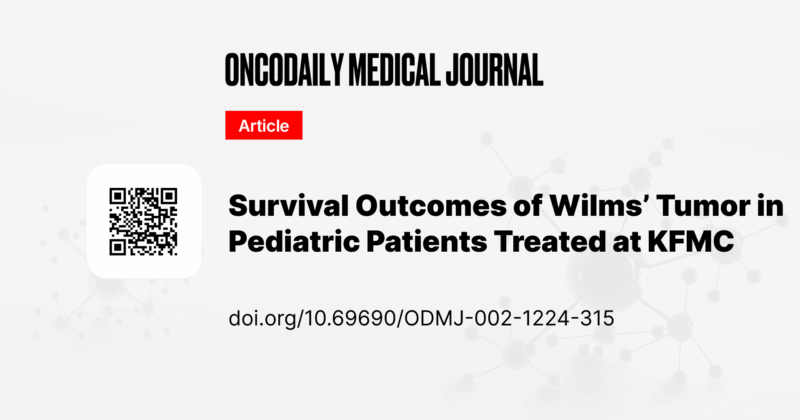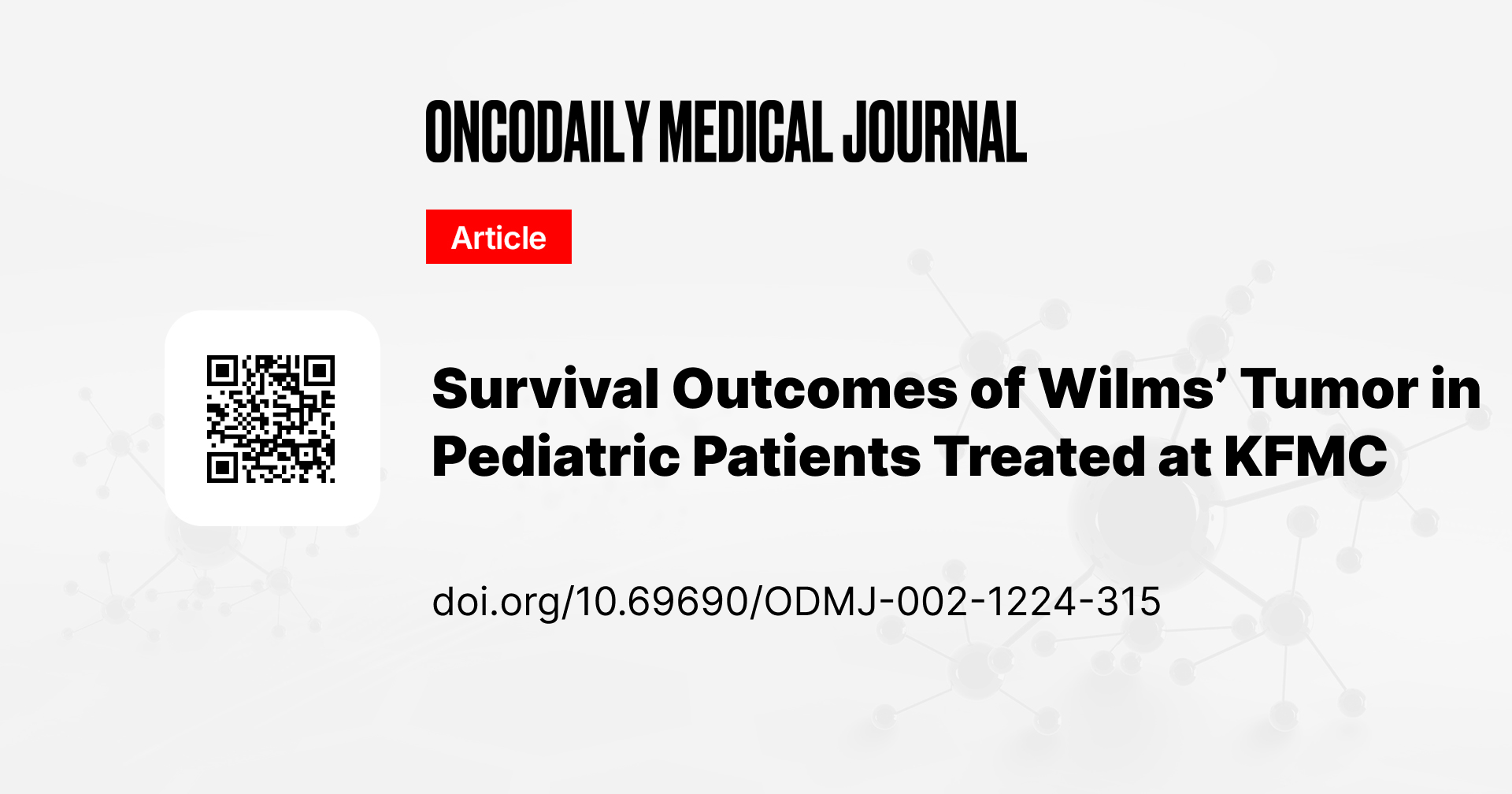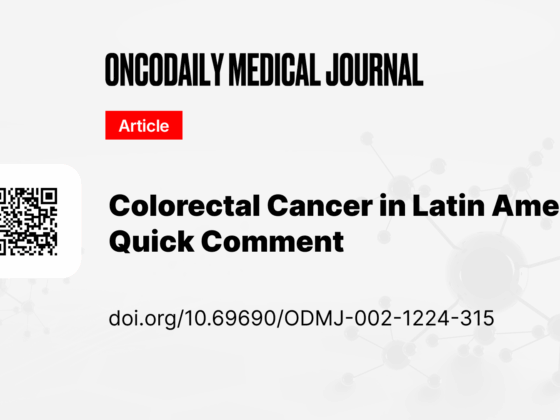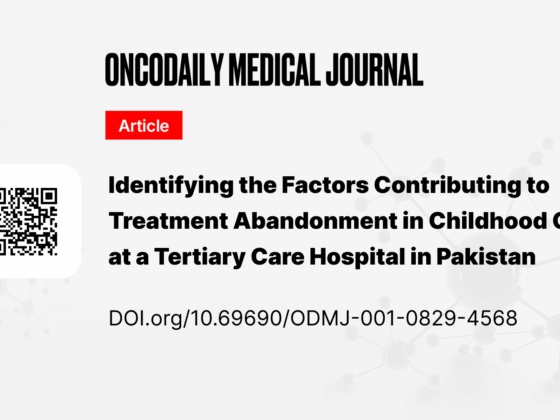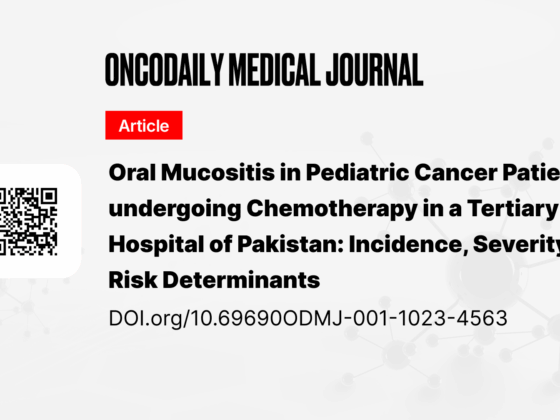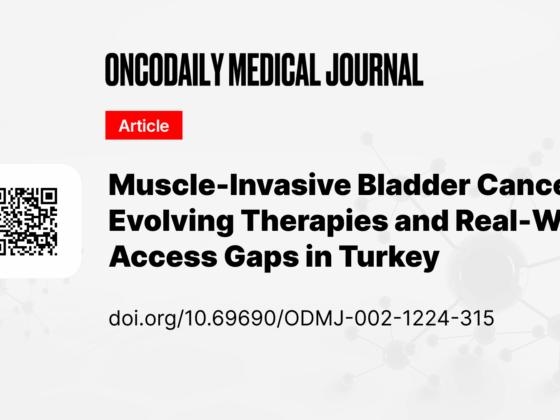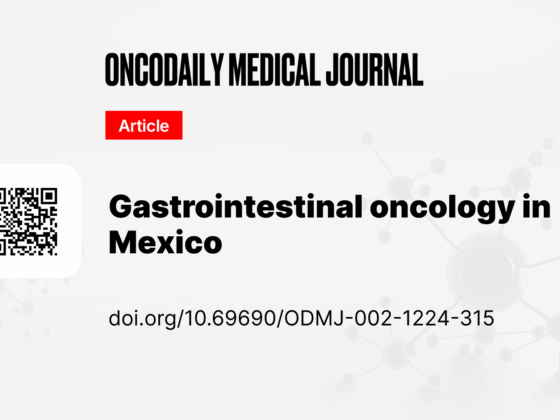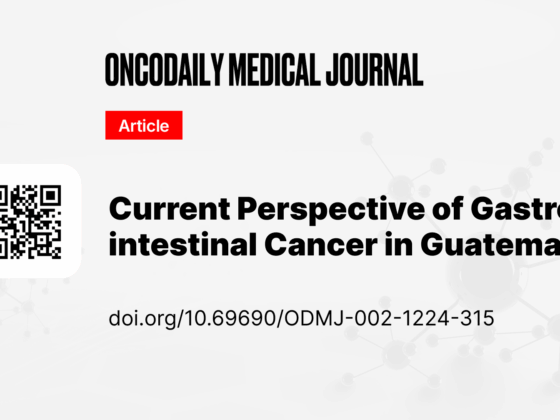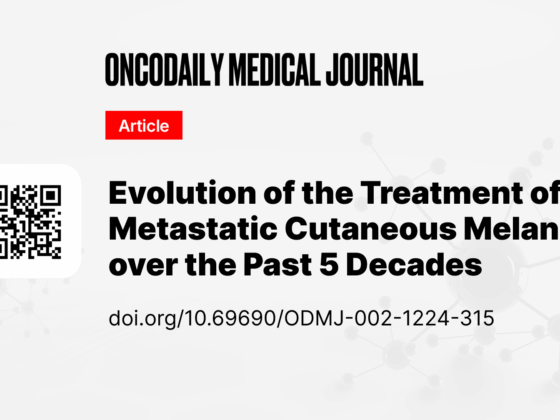This piece is part of a new series featuring summaries from the OncoDaily Medical Journal, highlighting concise, practice-focused insights across cancer research and care.
Title: Survival Outcomes of Wilms’ Tumor in Pediatric Patients Treated at KFMC: A Retrospective Study of 15 years from 2007–2022
Authors: Omer Alnour et al.
DOI: 10.69690/ODMJ-001-0809-4599
Full article
In a 15-year, single-centre cohort from King Fahad Medical City (KFMC), 94 children with Wilms’ tumour (median age 62.5 months; 61% female) were treated using protocol-based multimodality care aligned with COG/SIOP principles. Presentation skewed advanced: 46.8% had pulmonary metastases and 56% were stage III–IV. Delayed nephrectomy after neoadjuvant chemotherapy was common (79.8%). Histology showed 6.4% anaplasia and 29.7% blastemal predominance. Radiotherapy was used in 54.3% (flank 29.1%, whole abdomen 17.9%, lung 26.6%).
Outcomes were excellent despite high-risk features: 95.7% were alive at last follow-up and 88.3% were relapse-free; mean OS and RFS were 169.4 and 145.4 months, respectively. These results are comparable to benchmark survival in high-income settings, underscoring the value of strict protocol adherence, timely surgery, and risk-adapted RT/chemotherapy, even when disease presents late.
The study supports wider adoption of standardised, protocol-driven pathways and highlights priorities to sustain gains: earlier diagnosis, systematic incorporation of molecular risk markers (e.g., LOH 1p/16q, 1q gain), and structured survivorship monitoring for renal and treatment-related late effects.

